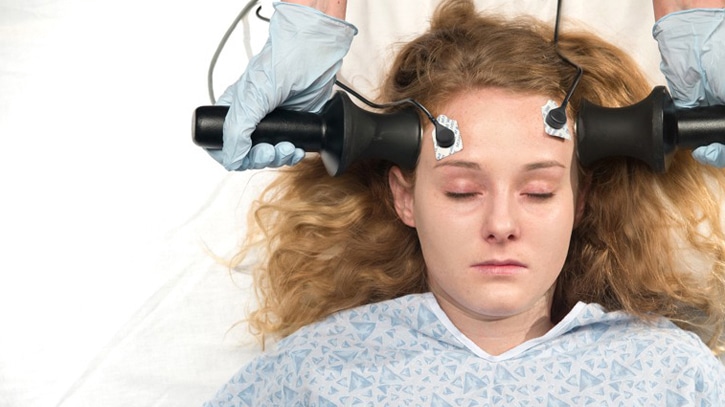

Perhaps the most important disadvantage is that medications are usually not curative, leading to long-term treatment over many years despite a lack of safety and efficacy data for their use beyond one to two years. Tolerance and dependence develop, and the higher the dose and the longer you use sleeping pills like zolpidem, the more intensely you become physically dependent on these drugs to be able to sleep. Potential adverse effects of these drugs include residual sedation (with impairment of driving ability, memory, and psychomotor performance), falls, undesired behaviors during sleep, rebound insomnia, and drug interactions. The disadvantages are the potential for side effects, dependence, and tolerance over time. These drugs are moderately effective in the short-term, widely available and, when effective, begin working rapidly. These include zolpidem (Ambien), eszopiclone (Lunesta), and zaleplon (Sonata).
#Extreme insomnia help how to#
Set aside a time to relax before bed and use relaxation techniques.ĭrug therapy is the most common conventional treatment for how to beat insomnia.10 Drugs called non-benzodiazepine receptor agonists (also called hypnotics) are most commonly prescribed.


Since psychological and behavioral therapy is also a top natural treatment for insomnia, it is covered in that section, below. How to Beat InsomniaĬonventional insomnia treatment guidelines for how to beat insomnia call for education about the rules of good sleep hygiene and either psychological and behavioral interventions, pharmacological interventions, or a combination of the two. This is unfortunate because sleeping six or less hours is associated with fatigue and excessive daytime sleepiness, as well as many chronic diseases including obesity, diabetes, and cardiovascular disease (such as high blood pressure, strokes, and heart disease). Īdults need seven to eight hours of actual sleep per night, but almost 30 percent of Americans get just six hours or less. Normally, it should take less than 30 minutes to fall asleep, and you should be able to sleep uninterrupted by arousals or awakenings for at least seven hours. It’s also extremely important for controlling weight, appetite, metabolism, blood sugar regulation, and more. This is how you maintain physical health, mental clarity, a healthy memory, a stable mood, overall energy, and stress tolerance. You need sufficient quality and quantity of sleep for these physiological processes to occur. The regulation of several other important hormones, including cortisol for stress tolerance melatonin for sleep/wake cycles, antioxidant defenses, and immune function and leptin and ghrelin for weight and appetite control.Increased secretion of the body’s most important anti-aging hormone-growth hormone.Maintenance and repair of the brain’s and body’s cells, organs, and tissues.Of the many crucial physiologic processes that happen during sleep, some of the most important include the following: You cannot be healthy without adequate sleep. The importance of sleep for mental and physical functioning cannot be overstated. Researchers are stunned by the striking increase in the number of people visiting doctors’ offices in search of how to beat insomnia and the number of sleeping pills being prescribed. The insomnia surge appears to be getting worse. population meets the strict diagnostic criteria for insomnia disorder, in which the sleep disturbance (or associated daytime fatigue) causes significant distress or impairment in important areas of functioning. Up to half of Americans are wondering how to beat insomnia and suffer from at least one of the four cardinal insomnia symptoms:Īlmost a quarter of the U.S.


 0 kommentar(er)
0 kommentar(er)
